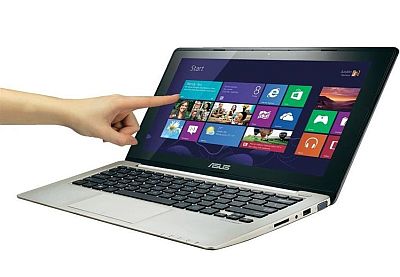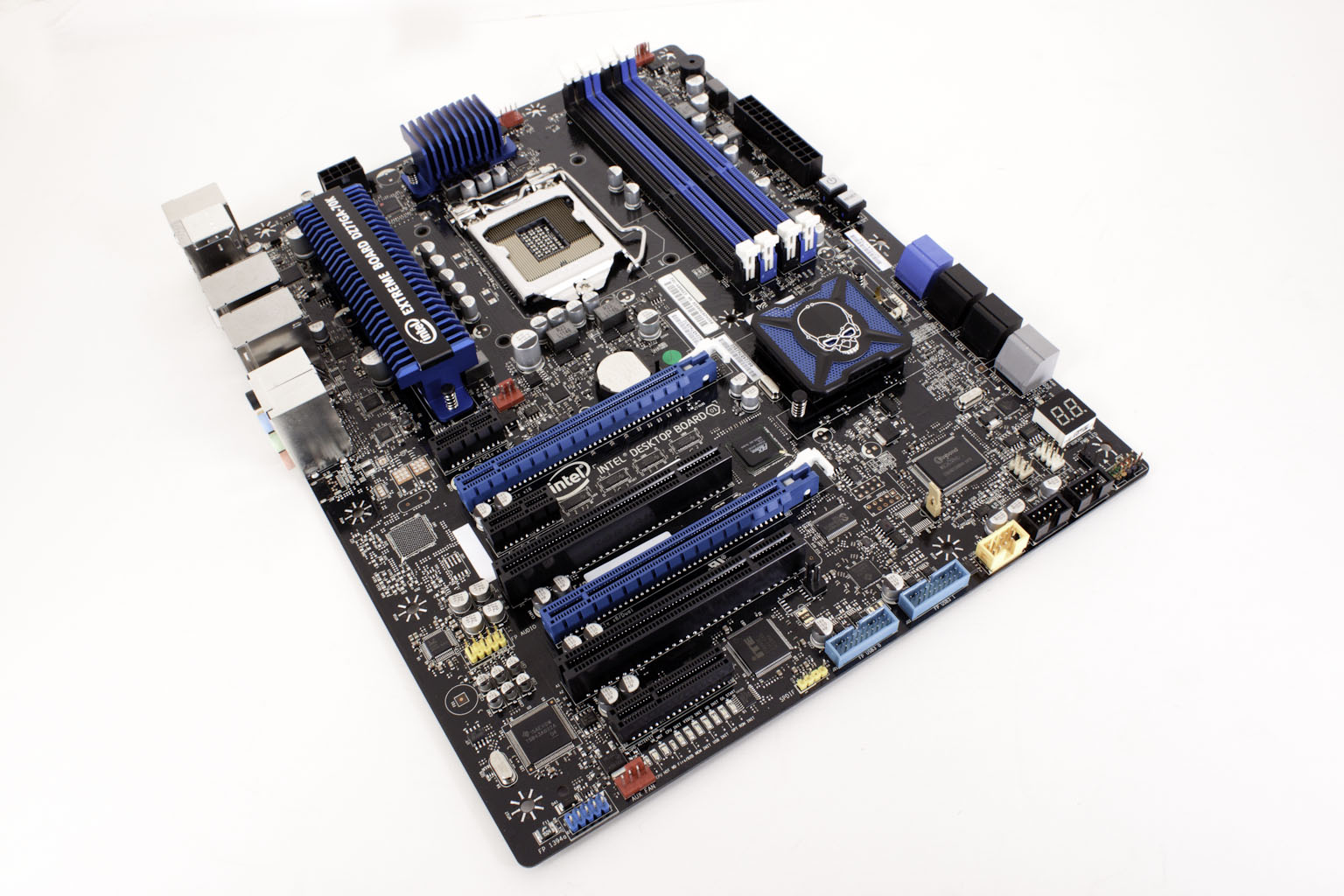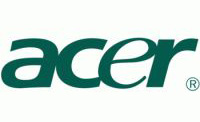From The Blog
-
ConnectWise Slash and Grab Flaw Once Again Shows the Value of Input Validation We talk to Huntress About its Impact
Written by Sean KalinichAlthough the news of the infamous ConnectWise flaw which allowed for the creation of admin accounts is a bit cold, it still is one that…Written on Tuesday, 19 March 2024 12:44 in Security Talk Read 564 times Read more...
-
Social Manipulation as a Service – When the Bots on Twitter get their Check marks
Written by Sean KalinichWhen I started DecryptedTech it was to counter all the crap marketing I saw from component makers. I wanted to prove people with a clean…Written on Monday, 04 March 2024 16:17 in Editorials Read 1472 times Read more...
-
To Release or not to Release a PoC or OST That is the Question
Written by Sean KalinichThere is (and always has been) a debate about the ethics and impact of the release of Proof-of-Concept Exploit for an identified vulnerability and Open-Source…Written on Monday, 26 February 2024 13:05 in Security Talk Read 1027 times Read more...
-
There was an Important Lesson Learned in the LockBit Takedown and it was Not About Threat Groups
Written by Sean KalinichIn what could be called a fantastic move, global law enforcement agencies attacked and took down LockBit’s infrastructure. The day of the event was filled…Written on Thursday, 22 February 2024 12:20 in Security Talk Read 872 times Read more...
-
NetSPI’s Offensive Security Offering Leverages Subject Matter Experts to Enhance Pen Testing
Written by Sean KalinichBlack Hat 2023 Las Vegas. The term offensive security has always been an interesting one for me. On the surface is brings to mind reaching…Written on Tuesday, 12 September 2023 17:05 in Security Talk Read 2054 times Read more...
-
Black Kite Looks to Offer a Better View of Risk in a Rapidly Changing Threat Landscape
Written by Sean KalinichBlack Hat 2023 – Las Vegas. Risk is an interesting subject and has many different meanings to many different people. For the most part Risk…Written on Tuesday, 12 September 2023 14:56 in Security Talk Read 1653 times Read more...
-
Microsoft Finally Reveals how they Believe a Consumer Signing Key was Stollen
Written by Sean KalinichIn May of 2023 a few sensitive accounts reported to Microsoft that their environments appeared to be compromised. Due to the nature of these accounts,…Written on Thursday, 07 September 2023 14:40 in Security Talk Read 2036 times Read more...
-
Mandiant Releases a Detailed Look at the Campaign Targeting Barracuda Email Security Gateways, I Take a Look at What this all Might Mean
Written by Sean KalinichThe recent attack that leveraged a 0-Day vulnerability to compromise a number of Barracuda Email Security Gateway appliances (physical and virtual, but not cloud) was…Written on Wednesday, 30 August 2023 16:09 in Security Talk Read 1941 times Read more...
-
Threat Groups Return to Targeting Developers in Recent Software Supply Chain Attacks
Written by Sean KalinichThere is a topic of conversation that really needs to be talked about in the open. It is the danger of developer systems (personal and…Written on Wednesday, 30 August 2023 13:29 in Security Talk Read 1799 times Read more...
Recent Comments
- Sean, this is a fantastic review of a beautiful game. I do agree with you… Written by Jacob 2023-05-19 14:17:50 Jedi Survivor – The Quick, Dirty, and Limited Spoilers Review
- Great post. Very interesting read but is the reality we are currently facing. Written by JP 2023-05-03 02:33:53 The Dangers of AI; I Think I Have Seen this Movie Before
- I was wondering if you have tested the microphone audio frequency for the Asus HS-1000W? Written by Maciej 2020-12-18 14:09:33 Asus HS-1000W wireless headset impresses us in the lab
- Thanks for review. I appreciate hearing from a real pro as opposed to the blogger… Written by Keith 2019-06-18 04:22:36 The Red Hydrogen One, Possibly One of the Most “misunderstood” Phones Out
- Have yet to see the real impact but in the consumer segment, ryzen series are… Written by sushant 2018-12-23 10:12:12 AMD’s 11-year journey to relevance gets an epic finish.
Most Read
- Microsoft Fail - Start Button Back in Windows 8.1 But No Start Menu Written on Thursday, 30 May 2013 15:33 in News Be the first to comment! Read 116450 times Read more...
- We take a look at the NETGEAR ProSafe WNDAP360 Dual-Band Wireless Access Point Written on Saturday, 07 April 2012 00:17 in Pro Storage and Networking Be the first to comment! Read 87333 times Read more...
- Synology DS1512+ Five-Bay NAS Performance Review Written on Tuesday, 12 June 2012 20:31 in Pro Storage and Networking Be the first to comment! Read 81880 times Read more...
- Gigabyte G1.Sniper M3 Design And Feature Review Written on Sunday, 19 August 2012 22:35 in Enthusiast Motherboards Be the first to comment! Read 80161 times Read more...
- The Asus P8Z77-M Pro Brings Exceptional Performance and Value to the Lab Written on Monday, 23 April 2012 13:02 in Consumer Motherboards Be the first to comment! Read 70835 times Read more...
Displaying items by tag: Intel
Ultrabooks in three categories
 |
The third generation of Intel ultrabooks, based on the Haswell processors, will be available to customers in three price categories. Ultrabooks based on Intel's concept so far mainly belonged to the upper market segment, while the division into categories could make choice easier on customer, and help manufacturers to increase sales.
Problems with USB 3.0 on Haswell
 The fourth generation of Intel Core processors, codenamed Haswell, should be found in stores by mid-year. However, users could initially have some problems with the USB 3.0 interface and connected devices.
The fourth generation of Intel Core processors, codenamed Haswell, should be found in stores by mid-year. However, users could initially have some problems with the USB 3.0 interface and connected devices.
New Core i3 and Celeron for non-demanding users

Intel intends to introduce three lower-end processors for the lower segment of the market very soon which will be based on existing architectures. In the plan are the Celeron G470 chipset, Core i3-3245 and Core i3-3250, with the Celeron model based on the Sandy Bridge architecture, and the remaining two have Ivy Bridge processor design.
Intel builds factory in Ireland
 |
The Irish agency for construction planning An Bord Pleanala approved Intel’s plans to build a new factory for the production of processors. It is a facility in which they should produce processors built on the 14 nanometer process, and should be located in the Intel campus in Leixlip County Kildare.
Where do we go from here?
 |
The consumer electronic market is an interesting one. It is probably one of the only markets (with the exception of possibly the auto industry) to have the massive number of incorrect segmenting of products. One of the biggest areas of segmentation (incorrect segmentation) is in the “PC” market. Here the competition for products is insane. Back in the early days (the days when we had IBM Compatibles) things were relatively simple; at least they were on the surface. When you walked into a store and looked for a computer (if you were at all interested in having one back in the mid-90s) you saw IBM’s and their clones. One of the first computers I was exposed to was the Osborne One which actually predates the original IBM PC and the consolidation of the market in the early to mid-80s. In fact it was the introduction of the IBM PC combined with the Kaypro II portable that ended up killing Osborne and their chance in the market.
Intel to Exit the Desktop Motherboard Market In Three Years
 |
Today Anandtech had an announcement from Intel about a reduction to their desktop motherboard business with a ramp down planned over the next three years. This means that Intel will begin to bow out of this market slowly with an expected exit sometime around 2016. Intel will continue to work with third party manufacturers in the design and build of their boards including the development of reference boards for new form factors (like the one used for the Next Unit of Computing). The question is; what will this mean to both Intel and the rest of the desktop market? In truth it means very little to the majority of the market, but it is significant in many ways.
Intel Vs. ARM; RISC against CISC all over again…
 |
The rise of the ARM architecture has been a meteoric one and came as something of a shock to many of the mainstream players in the mobile industry. The concept for the ARM based SoC (System on Chip) is pretty simple: build a small, energy efficient device that is able to use memory and processor cycles as efficiently as possible. This is what x86 CPU manufacturers are trying to do as well. So why are there more manufacturers of ARM based SoCs than there are x86? Well, the problem here is one of licensing. You see, it is much easier and less expensive to license the ARM architecture than it is x86. Right now there are very few players that even have an x86 license. This limits the competition down quite a bit and also (unfortunately) slows progress. However, the fight between Intel and ARM is just heating up. And despite the small number of players in the x86 market, things are far from certain in this area as we enter into a new round of combat between RISC and CISC (Reduced Instruction Set Computing and Complete Instruction Set Computing).
Intel Core Y for tablets
 |
Intel plans to launch another line of processors specifically designed for tablets in the first quarter next year. This is a core chip from their Y series based on the Ivy Bridge architecture and in BGA packaging, while in the third quarter of next year Haswell versions of the same series should appear.
8 cores in Samsung smartphones
 |
Samsung has officially unveiled the Exynos 5 Octa, the first processor for mobile devices with eight physical cores. The processor is based on last year's ARM big.LITTLE design that uses 4 weaker and more fuel-efficient cores for less demanding tasks and four cores that become active when the mobile device needs maximum performance.
Acer brings cheap tablets to developing markets
 |
It looks like Acer plans to launch a new tablet. The unit price of this new tablet should not exceed $ 100, which will align the device with the cheapest Android tablets that are out on the market. However, a low price does not mean that the device itself will be bad; on the contrary it's a pretty decent bang for buck.
